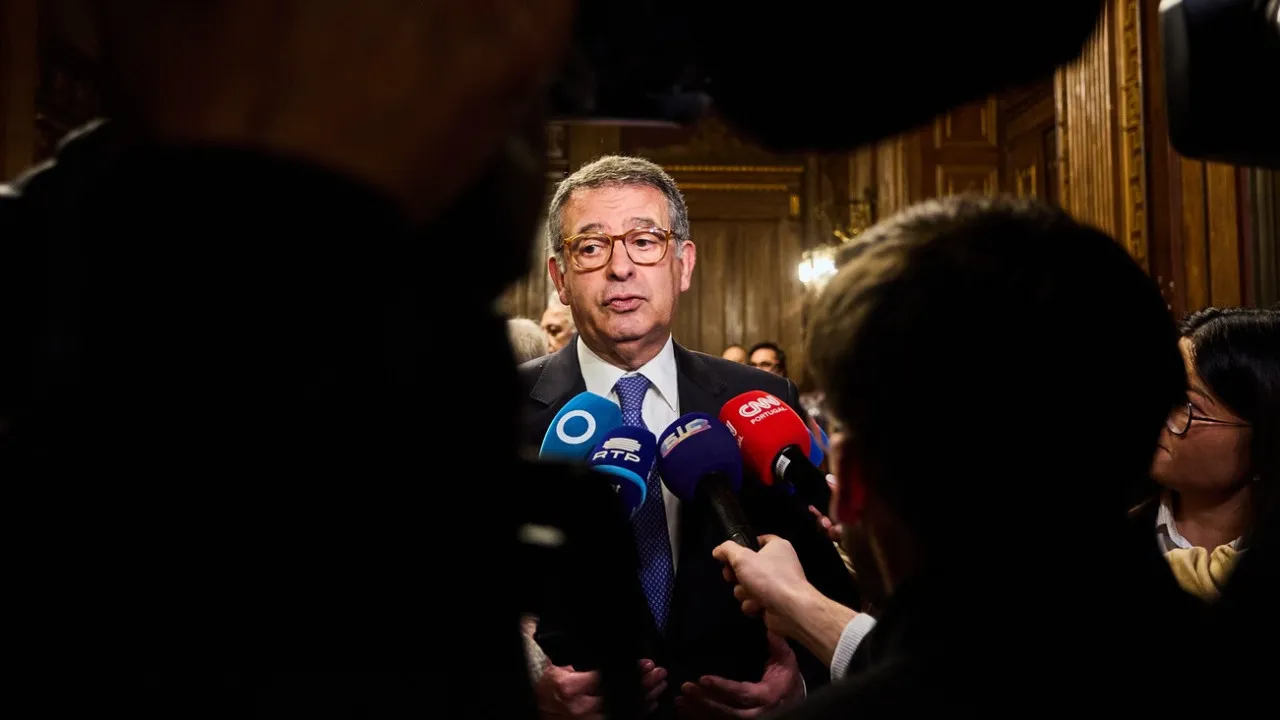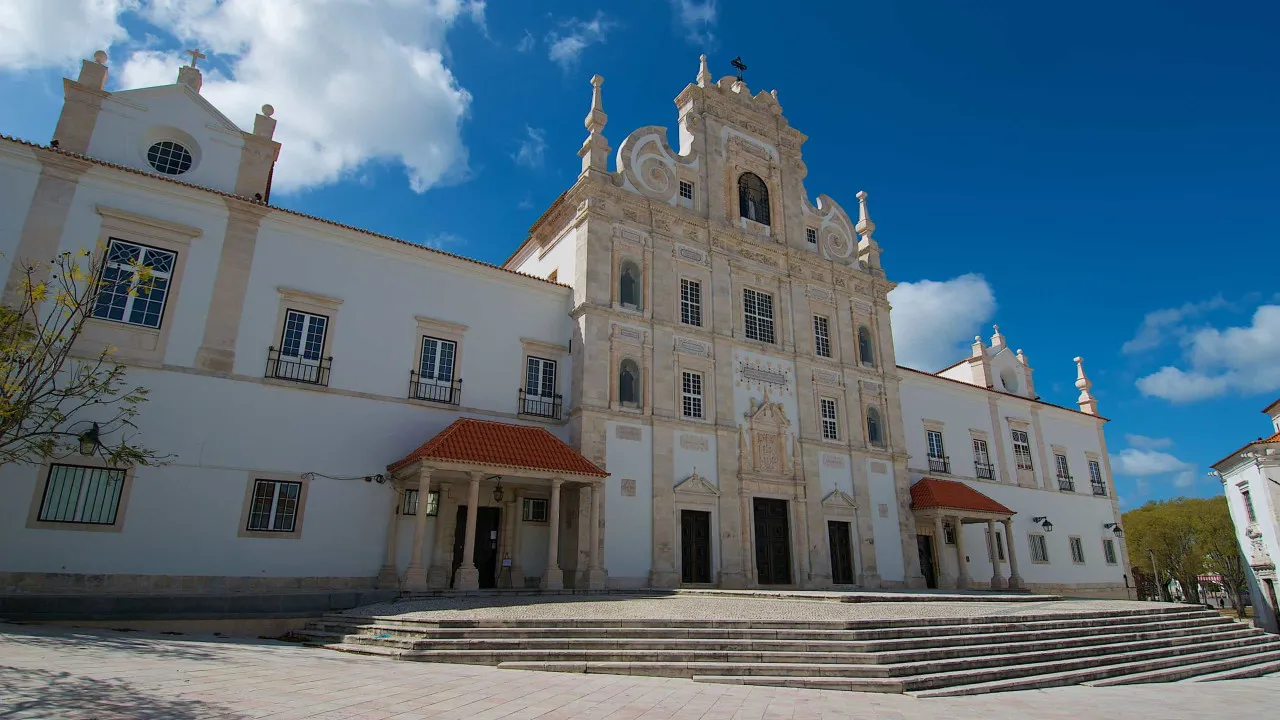
António José Seguro announced his candidacy for the Presidency of the Republic on Sunday, June 15, at the Cultural and Congress Center of Caldas da Rainha, before hundreds of supporters.
During his speech, the former secretary-general of the PS assured that his candidacy “is not partisan, nor will it ever be,” as he believes there are “no good or bad Portuguese, no first or second-class Portuguese.” It is a “candidacy for progressive men and women,” aiming for a country “where the future does not emigrate” and where “politics is not separate from ethics.”
As the “cardinal points” of his campaign, Seguro cited “freedom, equality, solidarity, respect for others, and integrity,” values he considers “non-negotiable,” to “make Portugal a fair and exemplary country.”
In addition to expressing “eternal gratitude” to those who helped shape him “as a man and citizen,” the socialist also addressed individuals “tired of empty promises, party games, and speeches that resolve nothing,” ensuring that his candidacy is “free” and “unfettered.”
For Seguro, Portugal “needs a President who inspires confidence and stability,” who is a “moral reference, not media noise,” a “respected referee, not a player,” a facilitator of consensus, not a creator of divides,” “calm, not distant or authoritarian,” in a clear comparison to the current President Marcelo Rebelo de Sousa and other candidates in the race for Belém.
Among the causes he intends to embrace if elected, Seguro highlighted the creation of wealth through the promotion of “necessary understandings for a more productive and sustainable economy, linked to dignified work,” moving away from “tribal and trench cultures.”
Seguro also touched on constitutional revision, which he does not consider a “priority.” In his view, there should instead be a “national mobilizing project.”
If elected, the socialist promises that “there will be no unanswered questions,” committing to Social Justice and Human Rights, as well as to defending democracy and the Rule of Law, openness to dialogue and political conciliation, and the appreciation of culture, science, and sustainability as instruments of progress.
Seguro also emphasized the importance of commitment to international solidarity and the rights of peoples.
Reflecting on his political career, the socialist recalled leading reforms in 2007 that resulted in fortnightly debates with the prime minister and that in 2009, he “stood alone” to “vote against the Political Parties Financing Law.” He also mentioned the day he lost the PS leadership to António Costa, stating, “I stepped aside when I could have divided, and I return now to unite.”




